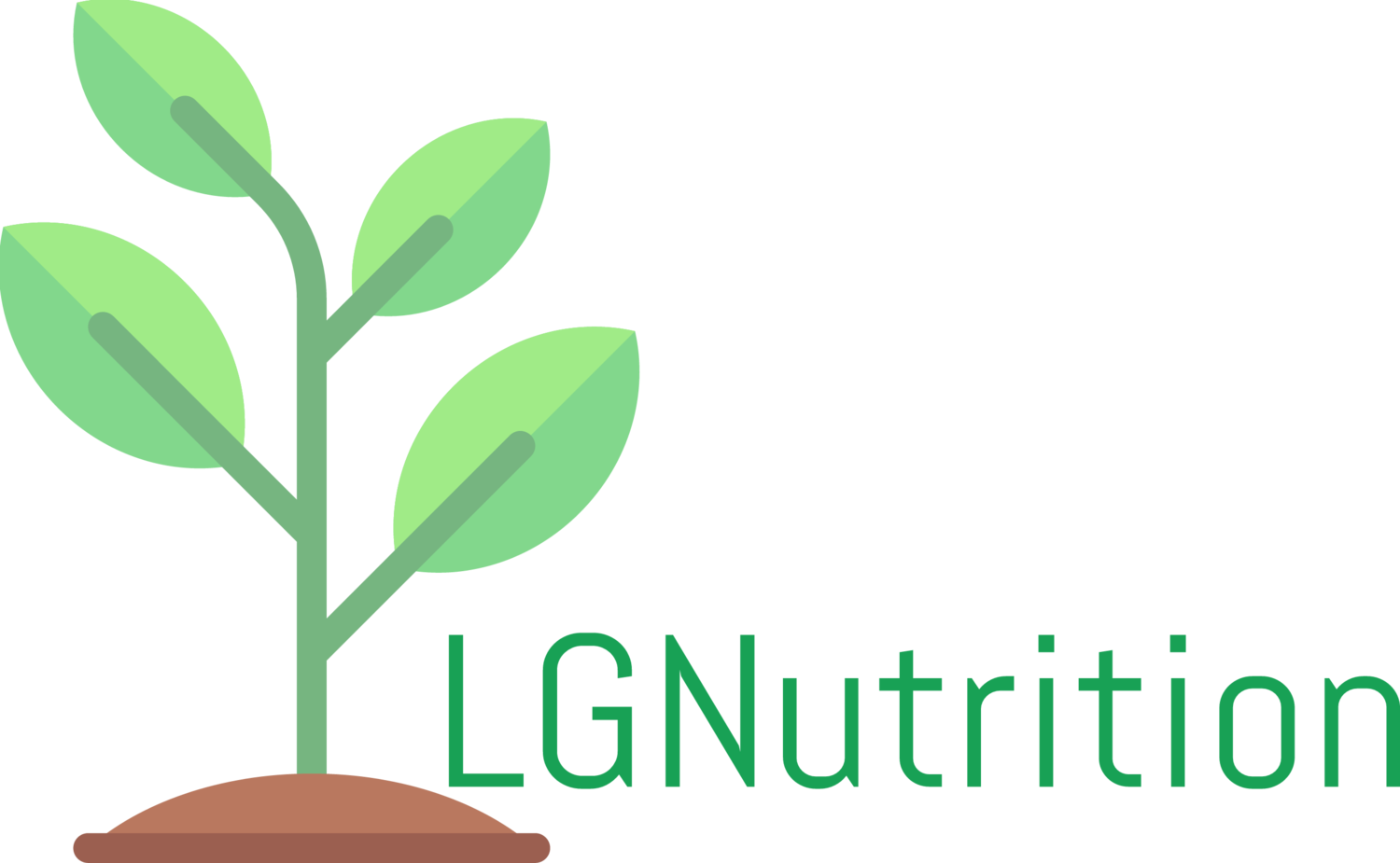I frequently recommend plant based milks to my clients due to lactose intolerance or milk protein allergies and sensitivities. It has become such a commonplace milk that almost every cafe offer it as an option in coffee or smoothies. Is almond milk as good as it seems? To start with, almond milk that you buy in the supermarket is mainly water. Most of the almond solids are strained out. If the almond solids were kept in the milk, it would be very gritty, thick and high in fat. Check out the fat content of almond milk and you will see it is very low in fat (usually <2g fat). In addition, it is very low in protein. At my child's daycare, they allow almond milk as a protein substitute for cow's milk. When in actuality, this is a low protein food. It is okay to have a low protein almond milk as long as you are getting adequate protein elsewhere. One of my biggest issues with MANY of the big almond milks is how much CALCIUM CARBONATE they add to the product. If you have ever seen commercials from the almond milk companies advertising that their product has as much calcium and sometimes more as cow's milk, that is because they are adding it in the form of a supplement called calcium carbonate. This form of calcium is cheap and fairly concentrated. 1 cup ranges from 350-450mg of calcium for most brands. Too much of this calcium can be a bad thing contributing to calcium based kidney stones and more commonly constipation and bloating. So, if you are drinking more than 2 cups of almond milk per day, you may want to switch to a brand that uses a less concentrated (and less constipating) form of calcium called tricalcium phosphate. Speak to your dietitian for more recommendations. In the meantime, remember that the best source of calcium doesn't come from the "milk" aisle, it comes from dark green/leafy vegetables (kale, collards, swiss chard, broccoli, mustard greens) and foods like almonds (better to eat the almonds), sesame seeds, and even oranges.
